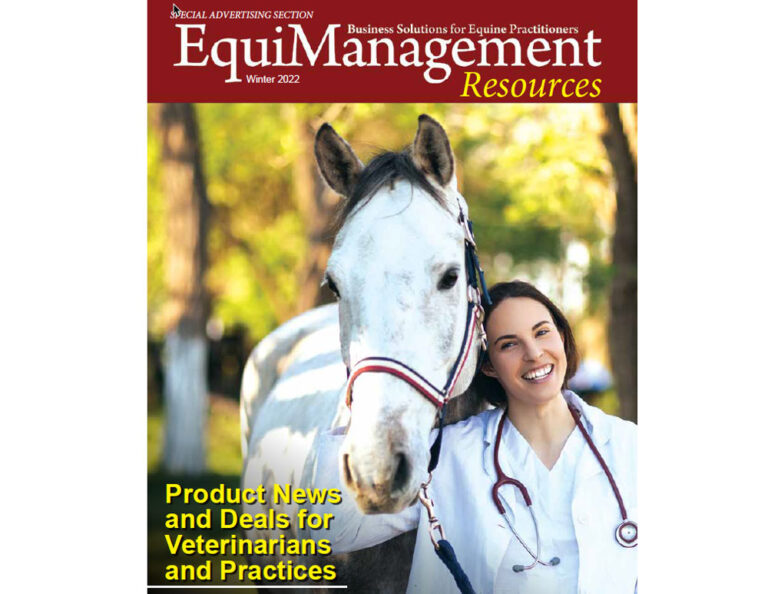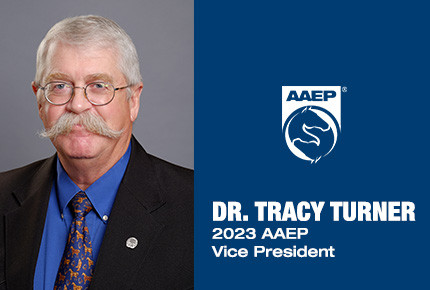
In an attempt to lessen post-castration surgical complications, a South African study looked at the effects of using GnRH vaccination (Improvac by Zoetis) prior to field castration surgery [Birrell, J.R.; Schulman, M.L.; Botha, A.E.; et al. Vaccination against GnRH as a prelude to surgical castration of horses. Equine Veterinary Journal Dec 2020; doi: 10.1111/EVJ.13411].
Nineteen intact colts aged 15-20 months were assigned to one of three groups:
- Treated with 2 ml GnRH vaccine IM on Days 0 and 28, and castrated on Day 57 – n = 7
- Treated with 2 ml GnRH vaccine IM on Days 0 and 28, and castrated on Day 100 – n = 6
- Control group treated with placebo (sterile saline) IM on Days 0 and 28, and castrated on Day 57 – n = 6
Each testis was measured for length, width and height on Days 0, 28, 57 or 100 (based on castration timing). Monitoring for 10 days post-castration evaluated post-surgical complications—depression, scrotal/preputial swelling, and discharge from the surgical site. Serum testosterone concentrations and anti-GnRH antibody titers were also measured.
The 13 GnRH immunized colts showed no increases in rectal temperature, swelling or lameness following vaccination, nor did intra-operative or post-castration complications develop.
Based on measurements of testicular volume, both immunized groups experienced 50% reduction in testicular volume after both immunizations (given on Days 0 and 28). Testicular volume decreased further in the colts castrated on Day 100, which might have had a little to do with seasonal effects in addition to ongoing effects of the immunizations.
None of the typical post-castration complications—rectal temperature, preputial swelling, discharge, mentation—differed between the three groups for 10 days post castration. Scrotal swelling in the group castrated at 57 days was less than those castrated at 100 days or those in the control group.
All treated colts had high anti-GnRH antibody titers after the second immunization at 28 days. Serum testosterone levels declined after the first immunization in both treated groups and were undetectable by Day 28.
Testicular weight correlated with preputial and scrotal swelling. The epididymis mass of testes in the treated colts was smaller than that of the control colts.
The study concluded: “Reducing the size of the testes and their adnexa resulting from Improvac immunization had an apparently beneficial effect on both the incidence and degree of post-operative surgical complications. This study’s observations also suggested that castration surgery following an interval of 100 days from primary Improvac vaccination was associated with continued reduction in testicular size, conferring further potential advantages.”
The authors added, “The vaccine effectively decreased serum testosterone concentrations and therefore has potential for the control of undesired, androgen-related behavior in stallions.”








